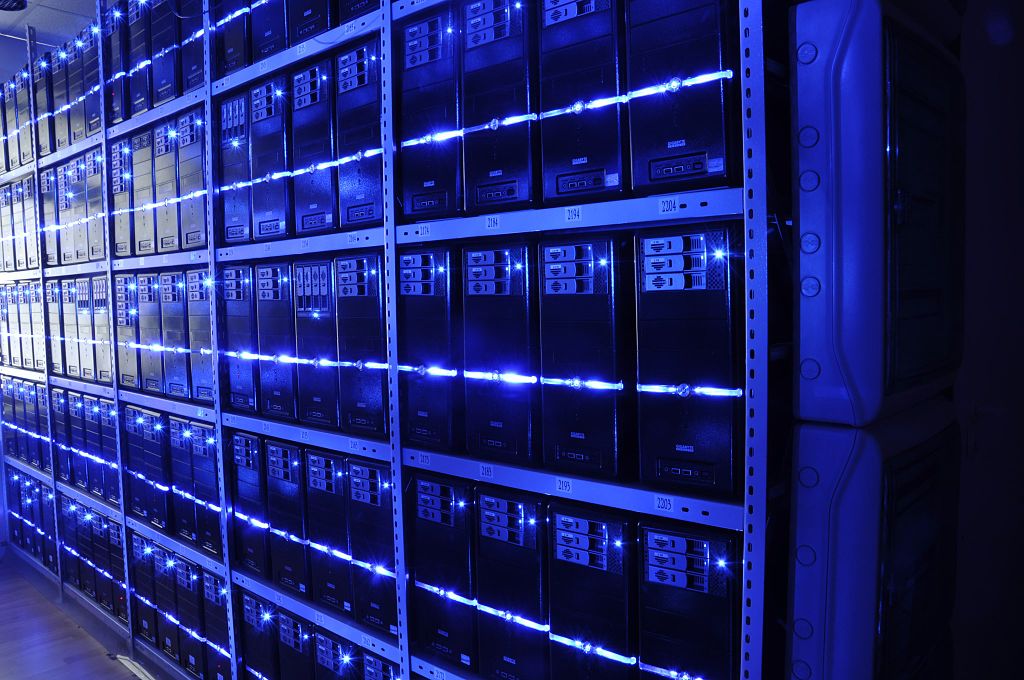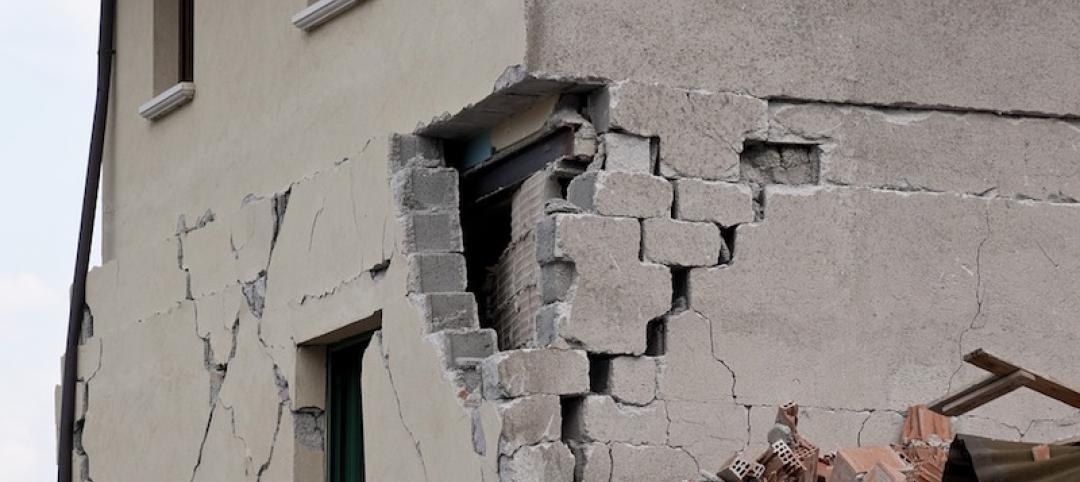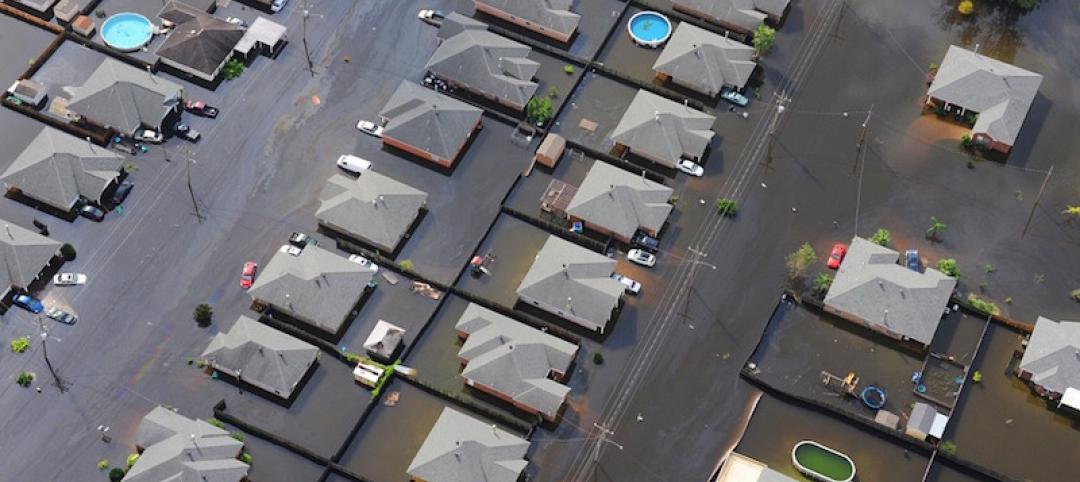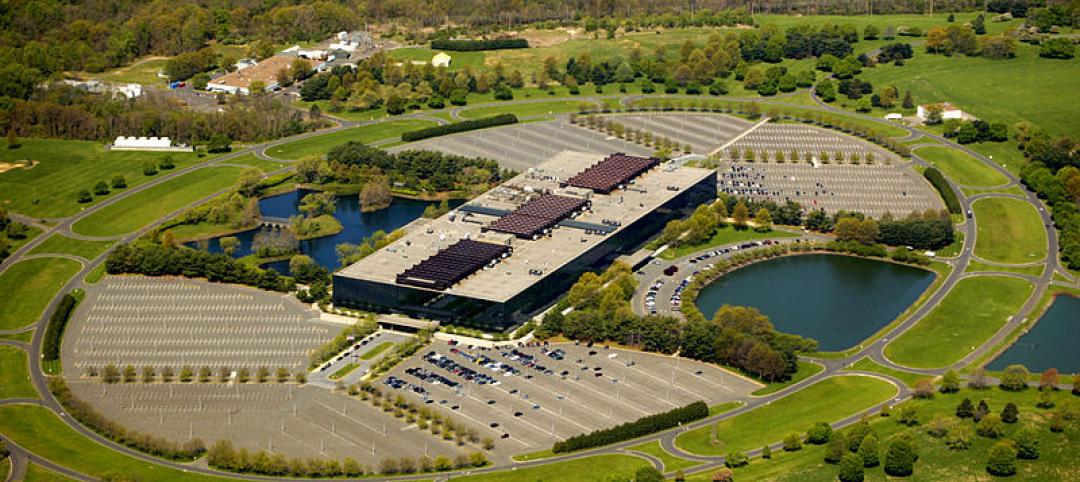ASHRAE recently released “Liquid Cooling Guidelines for Datacom Equipment Centers,” second edition, a guide for implementing liquid cooling systems in data centers. The guide provides guidelines on interface requirements between chilled-water systems and technology cooling systems and on the requirements of liquid-cooled systems that attach to a datacom electronics rack.
Data center rack heat loads are steadily climbing, creating a need for liquid cooling solutions to reduce the volume of airflow needed, ASHRAE says. “There is an increasing interest in liquid-cooled IT equipment at the rack, equipment and component levels,” says Don Beaty, publication chair of Technical Committee 9.9., Mission Critical Facilities, Data Centers, Technology Spaces and Electronic Equipment. “There is also increased interest in reuse of the heat rejected from IT equipment. One of the more important changes to the second edition is the addition of supply water temperature classification.”
The addition of liquid classes can have a similar effect on the industry as the creation of supply air temperature classes did—which was the critical enabler to the use of economizers in data centers, Beaty says. “There are five water temperature classes with the highest temperature class being >45 C (113 F), which opens up possibilities for using the rejected heat for building heating systems,” he said.
Related Stories
Codes and Standards | Feb 26, 2018
Bolstering energy efficiency would produce significant health benefits, ACEEE study says
Reducing energy consumption by 15% would save six lives a day.
Codes and Standards | Feb 22, 2018
GBCI will certify underwriting standard for energy efficiency projects
Investor Ready Energy Efficiency (IREE) certification aims to boost confidence in predicted energy and financial savings.
Codes and Standards | Feb 21, 2018
FEMA document provides simplified seismic design provisions for low-hazard regions
Forty four states have areas defined as low-hazard.
Codes and Standards | Feb 20, 2018
Federal budget includes disaster mitigation provisions
Bipartisan bill encourages states to adopt latest building codes.
Codes and Standards | Feb 19, 2018
Easy access to indoor environment controls yields improved efficiency and workplace productivity
JLL/Purdue University project is developing algorithms to improve indoor comfort.
Codes and Standards | Feb 14, 2018
After Energy Star stopped certifying medical properties, a REIT developed its own certification
Welltower uses internal system to evaluate total building performance.
Codes and Standards | Feb 13, 2018
Rezoning, innovative investor enabling development of a “metroburb” in New Jersey
Indoor mixed-use “Main Street” blossoms in giant former Bell Labs building.
Codes and Standards | Feb 12, 2018
Publication provides insight into managing risk of wind-borne debris damage
Explains how models and data are used to assess the risk of structural damage.
Codes and Standards | Feb 8, 2018
EPA’s Water of the U.S. rule delayed for two years while repeal sought
Controversial Obama-era regulation may never be implemented.
Codes and Standards | Feb 5, 2018
Astrophysicist turns his skills toward identifying and predicting location of vacant buildings
Project could help Baltimore and other cities redevelop blighted properties.

















